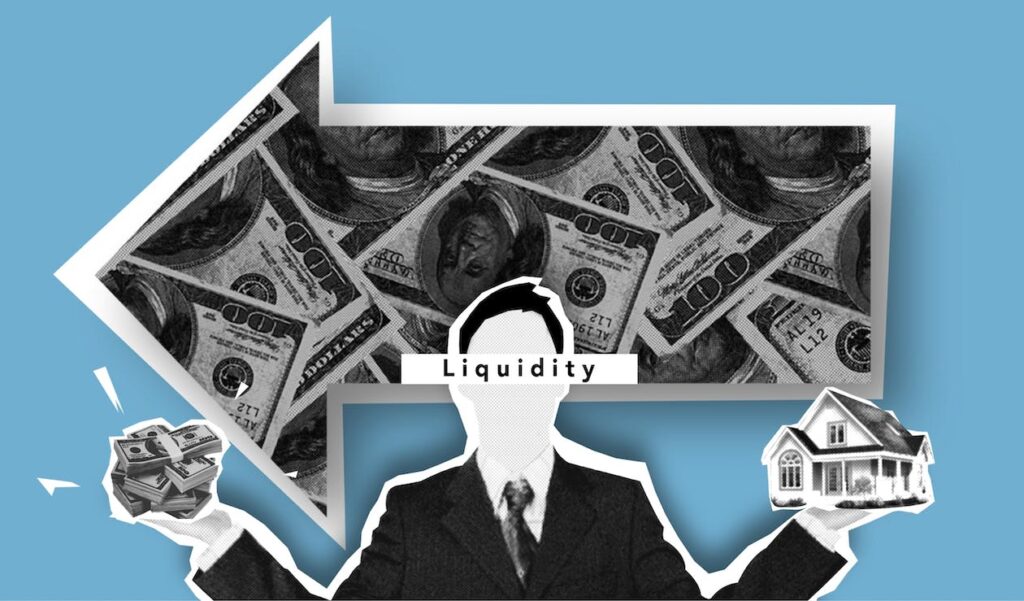Factors That Determine Your Mortgage Interest Rate
Mortgage and refinance rates are not a one-size-fits-all concept; they fluctuate significantly based on each borrower’s specific circumstances. Here’s a deeper dive into the elements that shape your mortgage interest rate:
- Overall Strength of the Economy: The economy’s health plays a vital role in determining mortgage rates. Generally, a thriving economy leads to higher rates, as lenders capitalize on the strong market conditions. Conversely, a weakened economy may lead to reduced mortgage rates to stimulate borrowing and investment.
- Lender Capacity: When lenders are swamped with work, they may increase interest rates to slow down new applications, giving their loan officers time to manage existing commitments. Conversely, when business is slow, lenders might lower rates to attract more customers.
- Property Type: The type of property you’re buying can also impact your interest rate. A primary residence that you intend to occupy full-time typically carries a lower rate. Investment properties, second homes, vacation homes, and more specialized types of property generally come with higher mortgage rates due to the perceived increase in risk.
- Loan-to-Value Ratio (LTV): This ratio, determined by your down payment, compares the loan amount to the property’s value. A lower LTV, signifying a more substantial down payment, usually secures a more favorable mortgage rate. It represents a lower risk to the lender, as the borrower has more equity in the property.
- Debt-To-Income Ratio (DTI): Your DTI compares your monthly debts to your pre-tax income. A higher DTI means you have less room in your budget for a mortgage payment, which could translate into a higher interest rate. Lenders see this as a sign that you might have difficulty making your mortgage payments.
- Loan Term: The length of your mortgage also influences the interest rate. Shorter-term loans, like a 15-year mortgage, typically come with lower rates than a more extended 30-year loan term. The longer the term, the more risk the lender takes on, leading to higher rates.
- Borrower’s Credit Score: Your credit score is a vital factor in determining your mortgage rate. A higher credit score typically results in a lower rate, reflecting your reliability as a borrower. A lower score could lead to a higher rate as it indicates a higher risk to the lender.
- Mortgage Discount Points: Some borrowers opt to buy discounts or ‘mortgage points’ at closing. By paying more upfront, they can secure a lower interest rate for the life of the loan. This option can be appealing to those looking to minimize their long-term interest costs.
- Current Market Conditions: The broader financial markets, including the bond market and actions by central banks, can also influence mortgage rates. These macroeconomic factors are beyond the control of individual lenders and borrowers but must be taken into account when analyzing interest rates.
- Individual Lender Preferences: Different lenders might weigh these factors differently, applying their own risk assessments and business strategies. This leads to variability in rates from one lender to another.
Finding the best mortgage rate for your particular situation involves shopping around and seeking personalized quotes from several different lenders. By understanding how various factors come into play, you can better negotiate and find a rate that fits your financial situation.
It’s always advisable to consult with a mortgage professional or a financial advisor who understands your unique circumstances. They can guide you through the process and help you identify the best options for your needs.
Verify your new rate (Aug 7th, 2023): Take action today to secure the best mortgage rate tailored to your individual needs and financial goals.






